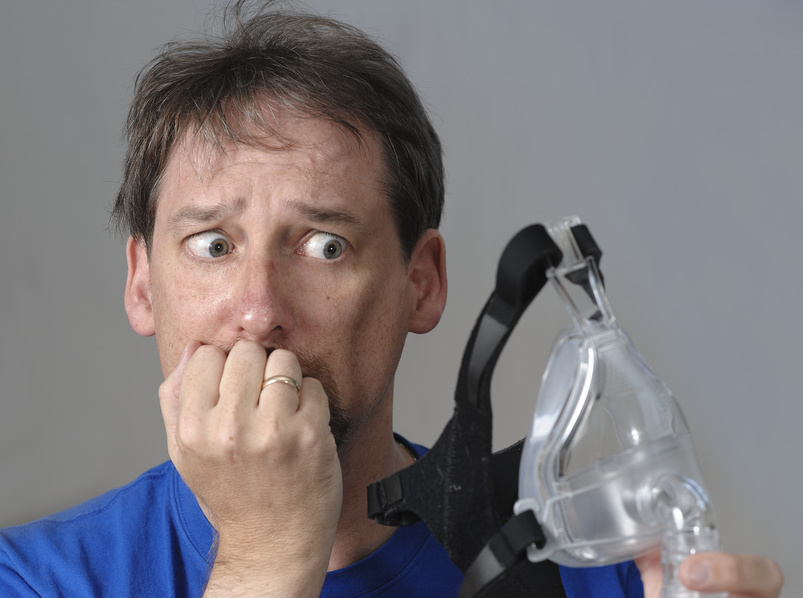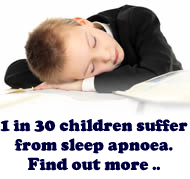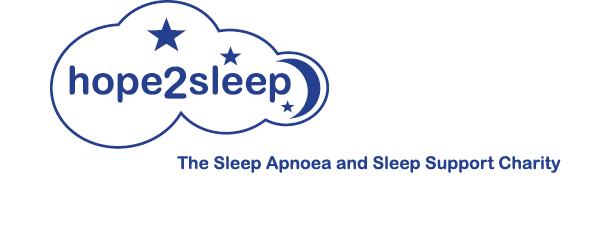| New to CPAP or a Ventilator? Desensitisation Tips
When first told you need to use a mask for sleeping it can be a shock, but rest assured that most people feel like this at first, so helping your body acclimatise gradually, can aid with long-term success to prevent most apnoeas, hypopnoeas, snoring and low oxygen, further damaging your health. Another benefit is feeling more energised during the day! CPAP is still the gold standard treatment for Sleep Apnoea and untreated it can lead to serious medical conditions like strokes, heart attacks and driving accidents, and it can also exacerbate many other conditions like high blood pressure, depression and anxiety, atrial fibrillation (a-fib), type 2 diabetes, alzheimer's and cognitive decline and much more..... (see on our page 'what is sleep apnoea?' There are many people who suffer from claustrophobia for various reasons - the main one being that when sleeping with untreated sleep apnoea and fighting to breathe all night, this 'suffocating' feeling and the constant fight-flight experiences during sleep can also cause an overlap claustrophobic feeling during the day - as well as panic attacks, because the reality is that during sleep the repeated fight-flight incidents are causing panic attacks during sleep! Almost all people manage to overcome the claustrophobia and fear of wearing the mask, once they realise that the mask is their 'friend' and will ensure that they sleep safely, by continuing to easily breathe during sleep, when it's not possible to control our own breathing. In fact, the reality is that it’s more claustrophobic to sleep without the mask and allow our bodies to fight to breathe during the night! As well as asking for support and advice from other mask users via Our Private Hope2Sleep Facebook Group (where we even have sleep professionals helping us) or our Hope2SleepGuide Public Forum, the following steps will help if you feel unable to tolerate CPAP:-
Hand on heart, we promise you we have come across literally 100’s of people who never ‘dreamed’ they would ever manage to sleep with a mask on, and yet after good support and encouragement most of these people now never consider sleeping without it! CPAP is a journey, not an event, but the beginning of the journey are the first steps to better long-term health... Always remember:- "Winners Are Not People Who Never Fail, but People Who Never Quit" (Edwin Cole).Many insurance companies for those in the USA, the DVLA and other organisations state people should use CPAP for a minimum of 4 hours. (Incidentally, nowhere does the DVLA state 4 hours of usage is enough - this is a myth!). Long-term, 4 hours sleep, with or without CPAP, is not ideal, as apart from the recommended 7-9 hours of sleep being required after much research, please bear in mind that every time a person sleeps with no therapy, they will still experience apnoeas, hypopnoeas and oxygen desaturations, so they will be at risk of the consequences of sleep disordered breathing when not on therapy, whether it be day or night! Therefore, the ultimate aim is to wear the mask for ALL SLEEPS - not just for part of the night!
Sometimes, people need help and tips for discomfort issues, and this can be both in the way of affordable comfort accessories or simply tips from other mask users, so consider joining the online support groups which you can find on our website and in the shop. Also check out the web page for tips and solutions for comfort issues. and you of course are able to come and see us face-to-face for free support if you can travel to our charity in Hull (HU8 0SD). You can also give us a call on 0300 102 9711 or 07862 000930. Bear in mind that any problems you may be experiencing will not be unique to you and can usually be sorted out with the correct support and advice. You can also, subscribe to our newsletter list where we share local support group events, news about latest research and products etc. ©Hope2Sleep Charity
|
|
























